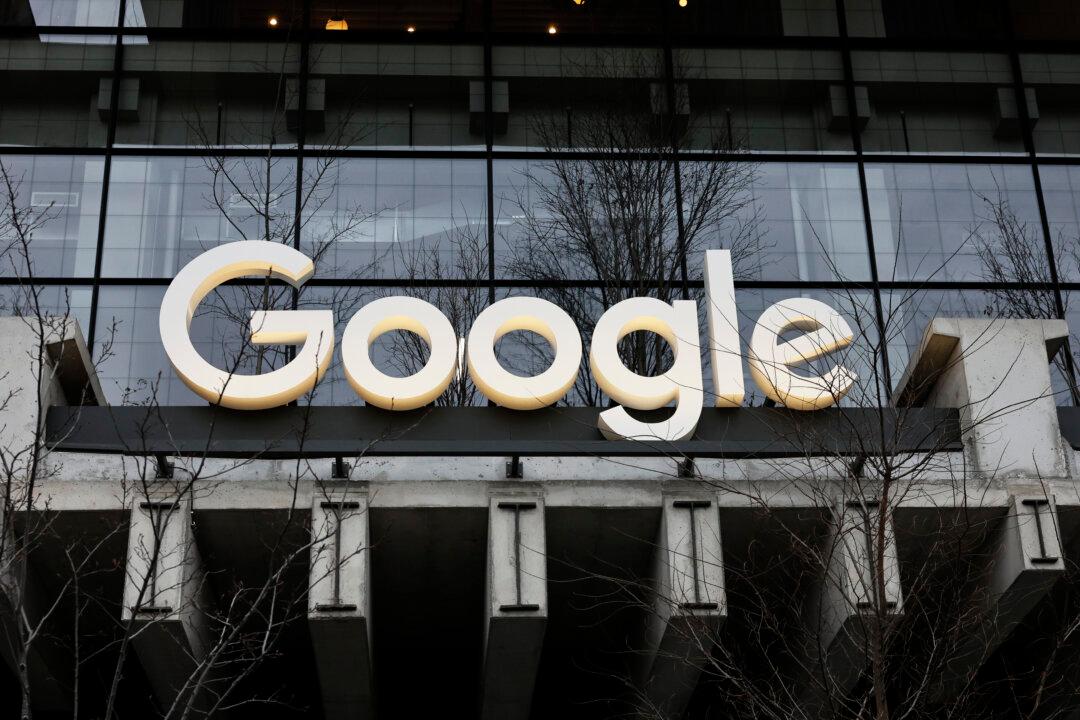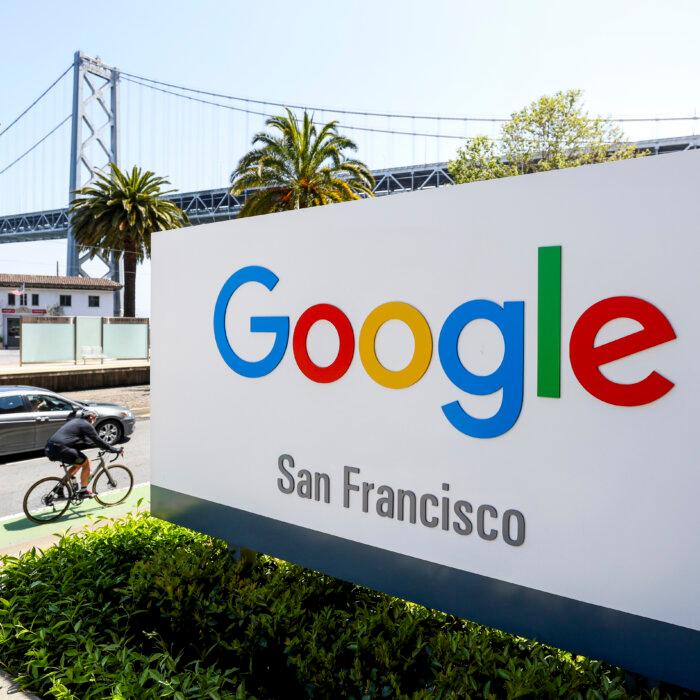A U.S. court has found Google created a billion dollar monopoly to crush competitors in online search and advertising.
The case, filed in October 2020 in a bid to strengthen online competition, accused Google of illegally using payments to browser developers, mobile device manufacturers, and wireless carriers to become the default search engine and prevent people from trying alternatives.
Devices would come preloaded exclusively with Google as the default search engine, forcing rivals to find other ways to reach users.
The case was initiated by the United States Department of Justice and a coalition of attorneys general from nearly every state. The attorney general is the top legal adviser.
Mehta ruled: “Google is a monopolist, and it has acted as one to maintain its monopoly. It has violated Section 2 of the Sherman Act.”
Google controls about 90 percent of the online search market and 95 percent of search on smartphones.
The Sherman Act is an antitrust law allowing fair trade between competitors, with Section 2 involving monopolisation.
In 2021, Google paid $26 billion alone to partners to be the dominant competitor, Mehta noted.
“The default is extremely valuable real estate,” Mehta wrote.
“Even if a new entrant were positioned from a quality standpoint to bid for the default when an agreement expires, such a firm could compete only if it were prepared to pay partners upwards of billions of dollars in revenue share and make them whole for any revenue shortfalls resulting from the change.”
Mehta pointed out that in 2009, 80 percent of searches in the United States went through Google, and by 2020 it reached 90 percent, with 95 percent on smartphones. Its second-place competitor, Bing, was only at 6 percent.
Kent Walker, president of Google Global Affairs, said in an emailed statement to The Epoch Times that “this decision recognises that Google offers the best search engine, but concludes that we shouldn’t be allowed to make it easily available.
“Given this, and that people are increasingly looking for information in more and more ways, we plan to appeal,” Walker said. “As this process continues, we will remain focused on making products that people find helpful and easy to use.”
Tech companies Apple, Meta, and Amazon have also been subject to antitrust lawsuits in recent years.
The case is seen as the most significant antitrust trial of the century.






